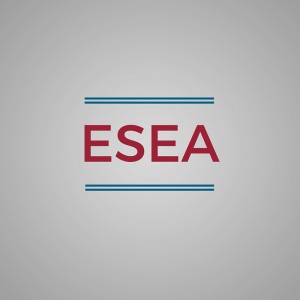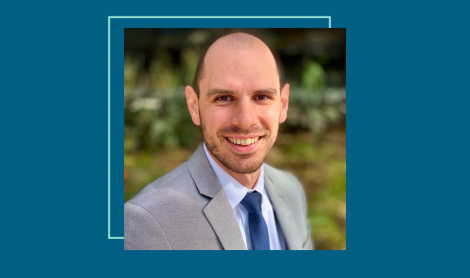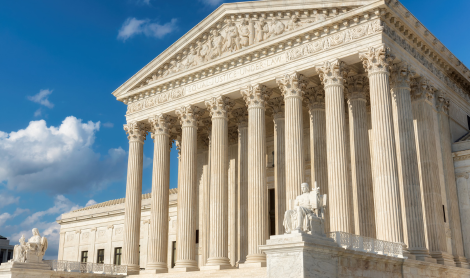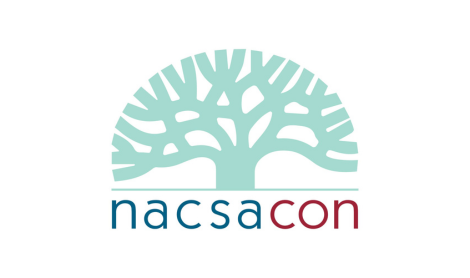NACSA Blog
Press Releases
 |
NACSA President Calls on US House of Representatives to Support the Every Student Succeeds ActThis week, the Every Student Succeeds Act (ESSA) will come before the US House of Representatives for a floor vote. The current legislative proposal, which is a reauthorization of the Elementary and … |
 |
NACSA Disappointed in Washington State Supreme Court DecisionYesterday, the Washington Supreme Court ruled it will not reconsider its earlier decision that invalidates the state’s charter school law. In response, Greg Richmond, president and CEO of the National Association of … |
 |
NACSA Comments on Congress’s Progress on Long-Stalled Education Policy RewriteLast week, our nation’s lawmakers announced that they have developed a framework for moving forward on a long-stalled rewrite of the Elementary and Secondary Education Act (ESEA). In response, Greg Richmond, president and CEO … |
 |
NACSA urges Authorizers and Policymakers to take action on Virtual Schools given CREDO ReportAuthorizers need to consider credible evidence when considering online charter schools in their community. This week, the Center for Research on Education Outcomes (CREDO) released a ground-breaking report on virtual schools which found … |
 |
NACSA responds to the Center for Media and Democracy’s Report “Charter School Black Hole”The National Association of Charter School Authorizers (NACSA) is a non-profit, professional organization that has worked with states, school districts and other authorizers to strengthen charter school oversight across the country for … |
 |
NACSA’s New Schools With Communities GuideIn every community–especially those historically under-resourced–there is long-ignored and underutilized knowledge and potential. At the heart of NACSA’s work lies the recognition of these tremendous assets and a desire to work with … |
 |
Continuing Conversations on Multiple MeasuresAt NACSA, we work to ensure students and communities—especially those who are historically under-resourced—thrive. Thriving means different things for different students, schools, and communities. And to ensure we capture the value a … |
 |
NACSA Names Elisa Westapher Chief Development & Business OfficerM. Karega Rausch, Ph. D., president and CEO of the National Association of Charter School Authorizers (NACSA), announced today that Elisa Westapher will serve as NACSA’s chief development and business officer. “NACSA … |
 |
Statement from M. Karega Rausch, Ph. D., NACSA President & CEO on the recent Supreme Court decision to deny certiorari in Peltier vs. Charter Day SchoolThe decision by the United States Supreme Court to not take up the Peltier vs. Charter Day School case means the ruling from the U.S. Court of Appeals for the Fourth Circuit … |
 |
New CREDO Study Affirms Authorizing’s Role in Transforming Public EducationNACSA’s work to strengthen the ideas and practices of authorizing so communities—especially those historically under-resourced—thrive was affirmed in the new National Charter School Study III 2023 from the Center for Research on … |
 |
NACSA statement on St. Isadore application in OklahomaThe decision from the Oklahoma Statewide Virtual Charter School Board (SVCSB) to approve an application to establish the St. Isidore of Seville Catholic Virtual School as a religious charter school is inconsistent … |
 |
NACSA Statement on U.S. Solicitor General Brief on Peltier v. Charter Day SchoolThe National Association of Charter School Authorizers (NACSA) agrees with the recent brief from Solicitor General Elizabeth Prelogar who affirmed that charter schools are public schools. The Solicitor General’s brief is consistent with the ruling from … |
 |
Helping You Bust 3 Charter School MythsAuthorizers play a critical role in working with communities to create those opportunities where students thrive. That’s why NACSA is committed to a more diverse, thriving profession resulting in better and more … |
 |
Why You Should Attend NACSACon 2023NACSACon is more than just an authorizing conference; it is a leadership conference. Whether you’ve been in charter school authorizing for 20+ years, or are just starting out, the content at NACSACon … |
 |
2023 Performance Framework GuidancePerformance Frameworks are the accountability mechanism at the center of the charter school/authorizer relationship, and Performance Frameworks are the means by which authorizers establish performance expectations for schools that are responsive to … |